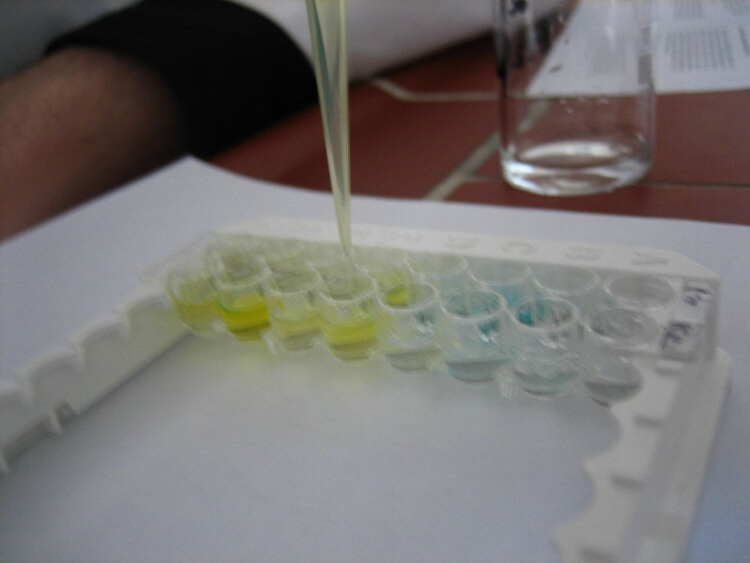2h
Rat FGF23(Fibroblast Growth Factor 23) ELISA Kit
Rat FGF23(Fibroblast Growth Factor 23) ELISA Kit
200pg/mL
0.92pg/mL
2.47-200pg/mL
Rattus norvegicus
Competitive Inhibition
Cytokine;Tumor immunity;Infection immunity;Genetic science;
ELISA Enzyme-linked immunosorbent assays Code 90320007 SNOMED
ADHR; HYPF; HPDR2; PHPTC; Phosphatonin; Tumor-derived hypophosphatemia-inducing factor
E05 478 566 350 170 or Enzyme-Linked Immunosorbent Assays,E05 478 566 350 170 or Enzyme-Linked Immunosorbent Assays
Rats are used to make rat monoclonal anti mouse antibodies. There are less rat- than mouse clones however. Rats genes from rodents of the genus Rattus norvegicus are often studied in vivo as a model of human genes in Sprague-Dawley or Wistar rats.
Aplha, transcription related growth factors and stimulating factors or repressing nuclear factors are complex subunits of proteins involved in cell differentiation. Complex subunit associated factors are involved in hybridoma growth, Eosinohils, eritroid proliferation and derived from promotor binding stimulating subunits on the DNA binding complex. NFKB 105 subunit for example is a polypetide gene enhancer of genes in B cells.
This assay employs the competitive inhibition enzyme immunoassay technique. A monoclonal antibody specific to Fibroblast Growth Factor 23 (FGF23) has been pre-coated onto a microplate. A competitive inhibition reaction is launched between biotin labeled Fibroblast Growth Factor 23 (FGF23) and unlabeled Fibroblast Growth Factor 23 (FGF23) (Standards or samples) with the pre-coated antibody specific to Fibroblast Growth Factor 23 (FGF23). After incubation the unbound conjugate is washed off. Next, avidin conjugated to Horseradish Peroxidase (HRP) is added to each microplate well and incubated. The amount of bound HRP conjugate is reverse proportional to the concentration of Fibroblast Growth Factor 23 (FGF23) in the sample. After addition of the substrate solution, the intensity of color developed is reverse proportional to the concentration of Fibroblast Growth Factor 23 (FGF23) in the sample.
